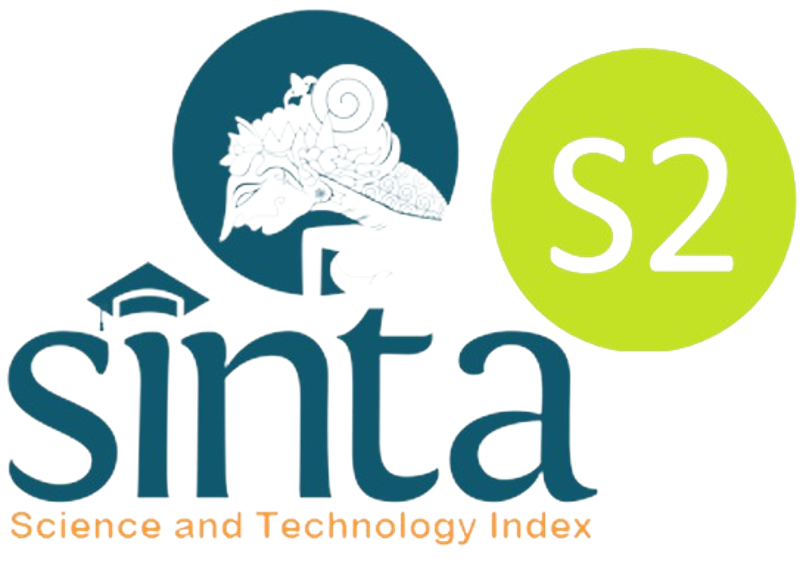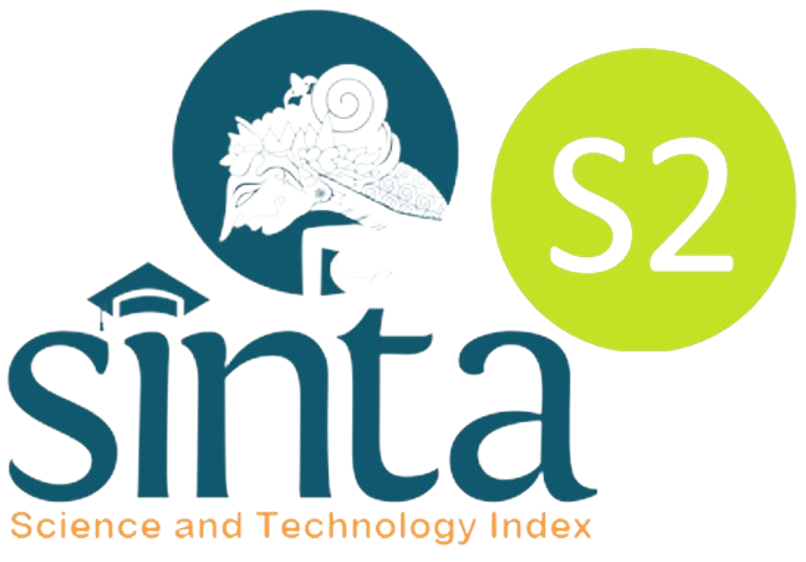Development of CIRCSA-Based E-module on Virus Materials to Train Students' Critical Thinking and Scientific Literacy
DOI:
https://doi.org/10.26740/jpps.v13n1.p16-28Keywords:
E-Module, CIRCSA, Virus material, Feasibility, Student responseAbstract
Developing technology-based teaching materials, such as e-modules, is an effective method for training students' thinking abilities, such as critical thinking and scientific literacy. Objective: This research aims to assess the characteristics, feasibility, and students’ responses to developing an e-module of viral material based on the CIRCSA learning model. Method: The ADDIE development framework, including analysis, design, and development, was used to conduct this research. The scope of this research is limited to assessing the feasibility of the CIRCSA-based e-module characteristics, materials, media, and students’ responses on small-scall trials. Results: Data analysis revealed that the CIRCSA-based e-module that integrates critical thinking and scientific literacy achieved an very valid criterion. The feasibility of materials and media obtained a very valid category. Additionally, students' responses to the e-module usage resulted in a very good category. Novelty: Developing CIRCSA-based e-modules to improve students' critical thinking and scientific literacy has never been done before.Downloads
References
Aiman, U., & Hasyda, S. (2020). The influence of process oriented guided inquiry learning (POGIL) model assisted by realia media to improve scientific literacy and critical thinking skill of primary school students. European Journal of Educational Research, 9(4), 1635-1647. https://doi.org/10.12973/eu-jer.9.4.1635
Amelia, S., Panjaitan, R. G. P., & Wahyuni, E. S. (2022). Student responses to the electronic module of the circulatory system. Jurnal Mangifera Edu, 7(1), 1-13. https://doi.org/10.31943/mangiferaedu.v7i1.136
Akbar, S. 2013. Instrumen perangkat pembelajaran. Bandung: PT Remaja Rosdakarya.
Gayatri, T., Soegiyanto, H., & Rintayati, P. (2018, April). Development of contextual teaching learning-based audio visual adobe flash media to improve critical thinking ability of geography learning at senior high school. In IOP Conference Series: Earth and Environmental Science (Vol. 145, No. 1, p. 012004). IOP Publishing. https://doi.org/10.1088/1755-1315/145/1/012004
Hadiprayitno, G., Muhlis, & Kusmiyati. (2019). Problems in learning biology for senior high schools in Lombok Island. Journal of Physics: Conference Series, 1241(1). https://doi.org/10.1088/1742-6596/1241/1/012054
Istyadji, M., Yulinda, R., & Amalina, D. (2022). Validity and practicality of articulate storyline learning media on environmental pollution materials for junior high school students. Jurnal Penelitian Pendidikan IPA, 8(6), 2599-2604.
https://doi.org/10.29303/jppipa.v8i6.1639
Lufri, L., Laili, F., & Anhar, A. (2020). Effect of active learning in form of scientific approach with assistance of student worksheets based problem based learning (PBL) towards students biology psychomotor competence in bacterial material. Journal of Educational Sciences, 4(1), 20. https://doi.org/10.31258/jes.4.1.p.20-29
OECD. (2019). PISA 2018 Assessment and analytical framework. OECD. DOI: https://dx.doi.org/10.1787/b25efab8-en
Prasetya, A. (2021). Electronic module development with project based learning in web programming courses. International Journal of Computer and Information System (IJCIS), 2(3), 69-72. https://doi.org/10.29040/ijcis.v2i3.38
Puspita, I., Kaniawati, I., & Suwarma, I. R. (2017). Analysis of critical thinking skills on the topic of static fluid. Journal of Physics: Conference Series, 895(1). https://doi.org/10.1088/1742-6596/895/1/012100
Rahayu, S. (2017, December). Promoting the 21st century scientific literacy skills through innovative chemistry instruction. In AIP Conference Proceedings (Vol. 1911, No. 1). AIP Publishing.https://doi.org/10.1063/1.5016018
Riduwan. 2013. Skala pengukuran variabel-variabel penelitian. Bandung: CV. Alfabeta.
Ristanto, R. H., Zubaidah, S., Amin, M., & Rohman, F. (2018). The potential of cooperative integrated reading and composition in biology learning at higher education. International Journal of Educational Research Review, 3(1), 50-56. https://doi.org/10.24331/ijere.376727
Sunarsih, S., Rahayuningsih, M., & Setiati, N. (2020). The development of biodiversity module using discovery learning based on local potential of wonosobo. Journal of Innovative Science Education, 9(1), 1-11. https://journal.unnes.ac.id/sju/index.php/ujbe/article/view/45950/19484
Suryaningsih, Yeni. (2017). Pembelajaran berbasis praktikum sebagai sarana siswa untuk berlatih menerapkan keterampilan proses sains dalam materi biologi. Jurnal Bio Educatio, 2(2), 49-57. https://api.core.ac.uk/oai/oai:ojs.jurnal.unma.ac.id:article/759
Susilawati, E., Taufiq, A. U., & Hasanah, U. (2023). Development of liveworksheet-based interactive LKPD on the biodiversity material of class X. BIO-INOVED : Jurnal Biologi-Inovasi Pendidikan, 5(1), 17. https://doi.org/10.20527/bino.v5i1.14719
Uma'iyah, N., Wahyuni, S., & Nuha, U. (2023). Development of e-modules based on mobile learning applications to improve students' critical thinking skills in science subject. JPPS (Jurnal Penelitian Pendidikan Sains), 12(2), 122-137. https://doi.org/10.26740/jpps.v12n2.p122-137
Downloads
Published
How to Cite
Issue
Section
License
Copyright (c) 2023 JPPS (Jurnal Penelitian Pendidikan Sains)

This work is licensed under a Creative Commons Attribution-ShareAlike 4.0 International License.
 Abstract views: 261
,
Abstract views: 261
, PDF Downloads: 293
PDF Downloads: 293












